
Discover the average professional organizer cost, what influences pricing, and how to budget for your next home organization project.
Pet-proof your home to keep those furry paws and jaws off risky items


Animals are naturally curious creatures and often explore with their mouth. But they frequently get into trouble with this habit, especially because a surprising number of household items are harmful to pets. Being aware of some of the most common household hazards means you can be proactive to minimize the chances of an emergency trip to the vet.
In 2020, the American Society for the Prevention of Cruelty to Animals Animal Poison Control Center received more calls from worried pet owners about their pets ingesting over-the-counter drugs than anything else. That’s because ibuprofen and other pain-relieving, anti-inflammatory drugs are highly toxic to dogs and cats and can cause acute kidney failure.
Store these other items (including prescription medication) securely away from pets:
Paracetamol (acetaminophen)
Cold medications
Vitamins
Diet pills
Antidepressants
Prozac, Zoloft, and other anti-anxiety medications containing anxiolytics
Valium and other sleep aids
Ritalin, Adderall, and other attention-deficit disorder medications
There’s also been a sharp rise in the volume of marijuana poisoning cases in dogs since medicinal marijuana use is now legal in many states. It’s a particular problem because people put the substance in enticing cookies or other baked goods, which dogs frequently take from kitchen counters.
Never administer any medication to your pet unless advised by a veterinary professional.

There are plenty of foods safe for humans but not for pets. Some might cause a bit of a tummy upset, some could create intestinal blockages, and others can be deadly—even in small quantities.
Keep the following common foods away from your pets to save any worries:
Chocolate
Coffee
Alcohol
Avocado
Onion
Garlic
Salt
Grapes
Raisins
Cooked bones
Foods containing the artificial sweetener xylitol (common in things like peanut butter, baking products, and chewing gum)
Macadamia nuts
Yeast dough
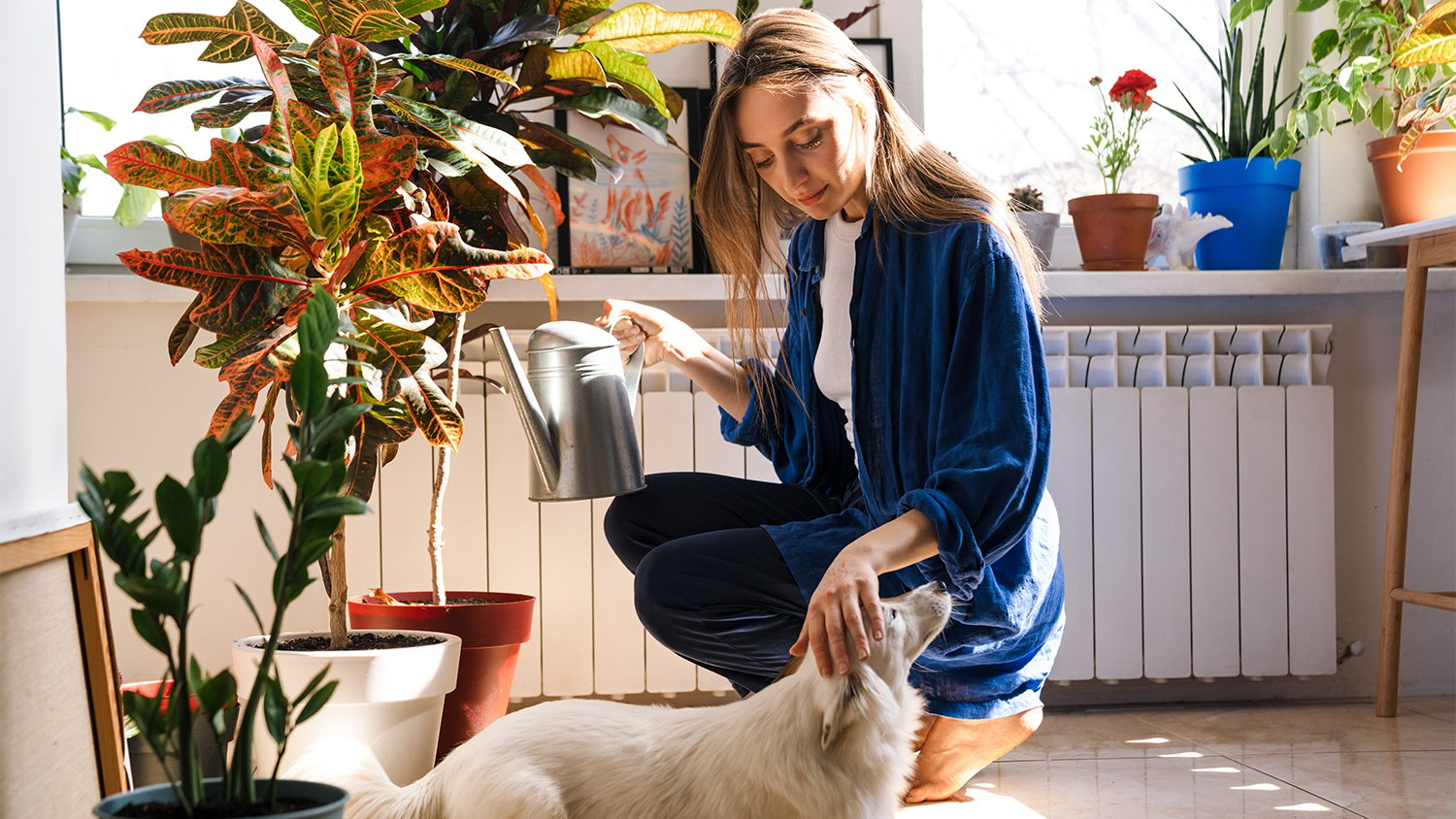
Many cat owners already know certain lily species (Lilium and Hemerocallis) are highly toxic and can lead to kidney failure. But there are many other common household and yard plants you’ll want to keep away from curious pups or kittens.
Symptoms of plant poisoning include upset stomachs, vomiting, disorientation, respiratory and heart problems, lethargy, organ failure, and death. It’s a good idea to research any plants you have in your home or yard.
Substitute these common plants poisonous to pets with dog- and cat-safe plant alternatives, including:
Sago palms
Rhododendron and tulip bulbs
Azaleas
Oleanders
Castor beans
Amaryllis
Chrysanthemums
Autumn crocus
Cyclamens
Kalanchoes
Always read cleaning product labels to check if or how you can use them around animals and know how to store cleaning supplies properly. In concentrated volumes, some household cleaners cause skin irritation or burns and, if ingested, can lead to vomiting, drooling, respiratory issues, and even fatalities.
Try to avoid products containing alcohol, bleach, hydrogen peroxide, or phenols. Some products with these ingredients are safe to use, but dilute and rinse appropriately and keep pets out of the disinfected area while it dries.
Look for products marketed as non-toxic and pet-safe, or opt for natural cleaning solutions like pet-friendly floor cleaners that use gentle ingredients like baking soda and white vinegar.
Rat and mouse poisons are serious toxins for pets, even if they only ingest a tiny amount. If you’re set on using rodenticides, place them in areas you’re 100% certain are inaccessible to Fido or Garfield.
Many insecticides used in gardens are also irritants for your pets, so apply them carefully and limit access to the space for a period afterward.
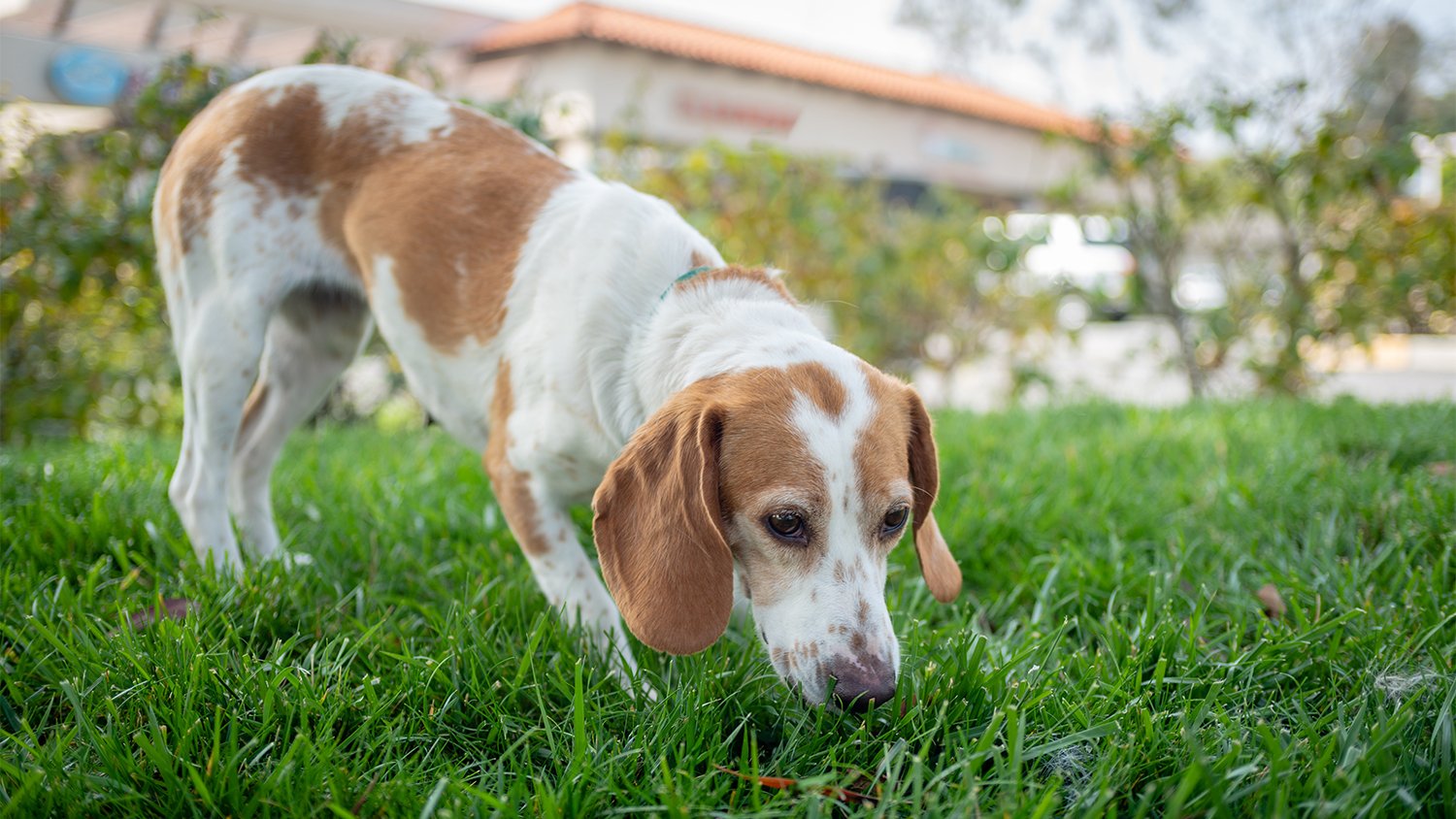
Along with toxic plants and lawn pesticides unsafe for pets, consider these other hazards in your garden.
Always check the fertilizer you’re using is safe for application around pets. Those made from bone or blood meal can lead to pancreatitis and may clump and cause internal blockages. Compost also often contains dangerous food and garden waste like mold and bacteria.
Other risky items include:
Weed killers
Cocoa mulch
Slug and snail bait
Moldy bird food

Many homeowners store antifreeze and coolants in their garage, which often contain ethylene glycol and can be fatal to pets. Antifreeze containing propylene glycol isn’t so toxic, but it still carries significant risk. Be mindful of where you store these products, and watch out for any leaks around your car.
Some other everyday items found in the garage that are risky for your pets include:
Expanding wood glue
Solvents (like paint thinners and mineral spirits)
Paints containing volatile substances or heavy metals
Windshield washer fluid
Gasoline
Brake fluid
Organize your garage to remove items you no longer need, store those you do safely, and get rid of clutter so there are no hidden-away hazards.
Below are some other common household items that can be problematic for pets:
Essential oil products
Mothballs
Tobacco products
Insect repellants (like those containing DEET)
Alkaline batteries
The hazardous items mentioned in this article vary in their toxicity to pets. Some may only cause mild symptoms like upset stomachs, vomiting, or lethargy, and others can lead to severe illness or death. The degree of toxicity also depends on the type of pet, its size, and the amount ingested.
If you suspect your pet has eaten something it shouldn’t have, stay calm and seek immediate professional advice or assistance. Time is often critical to treat poison cases. Provide the veterinarian with as much information as possible about what your pet ate, when, and how much.
Don’t try to make your dog or cat vomit. Instead, call your veterinarian or the ASPCA Animal Poison Control Center for further advice, or head straight to an emergency care hospital.
From average costs to expert advice, get all the answers you need to get your job done.

Discover the average professional organizer cost, what influences pricing, and how to budget for your next home organization project.
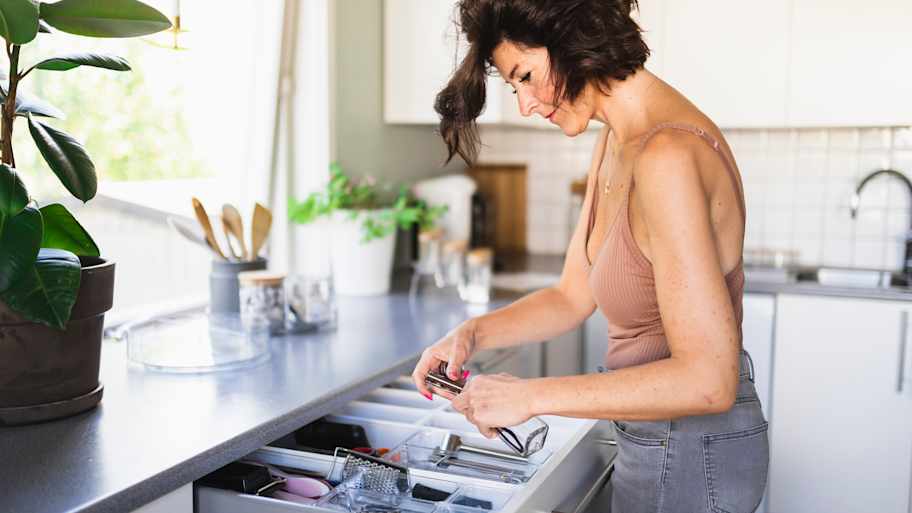
Declutter and maximize your space with these eight smart storage tips for messy closets, cupboards, and drawers around your home.

When was the last time you cleaned out your spice rack or linen closet? Our list of 12 things to get rid of in just one hour helps you toss what is old, expired, or no longer needed. Decluttering is faster and easier than you might think.
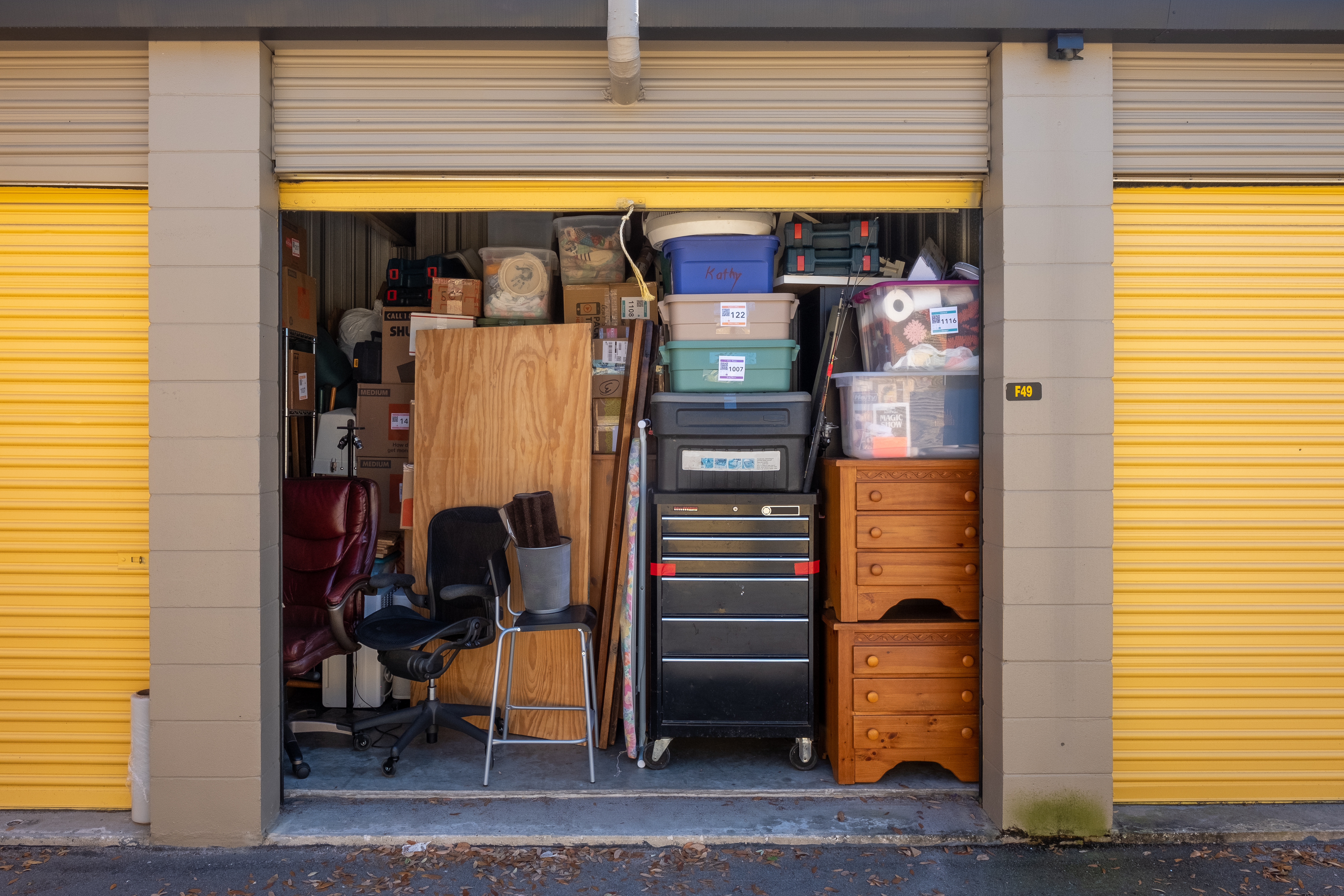
Maximize space and save money with these expert storage unit tips. Smart packing strategies and organization hacks included.
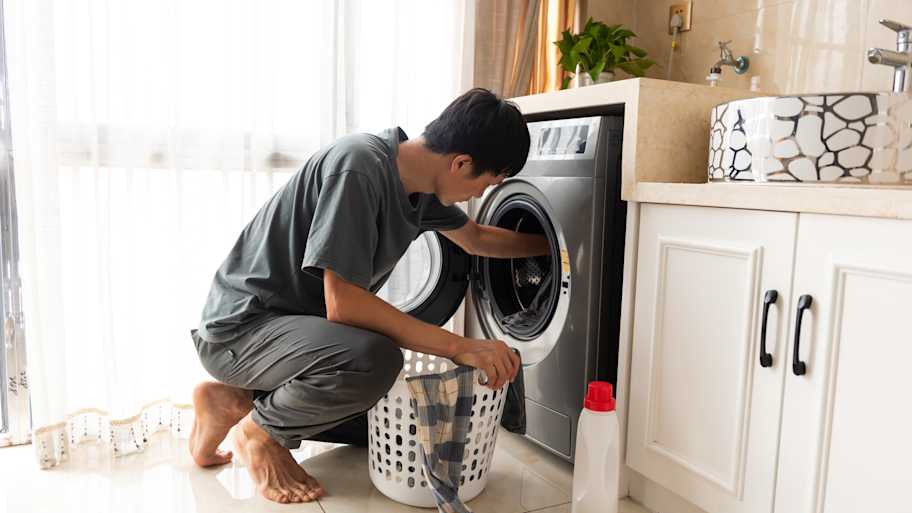
Maximize space and reduce clutter with these smart laundry room organization tips that boost function and even your home’s resale appeal.
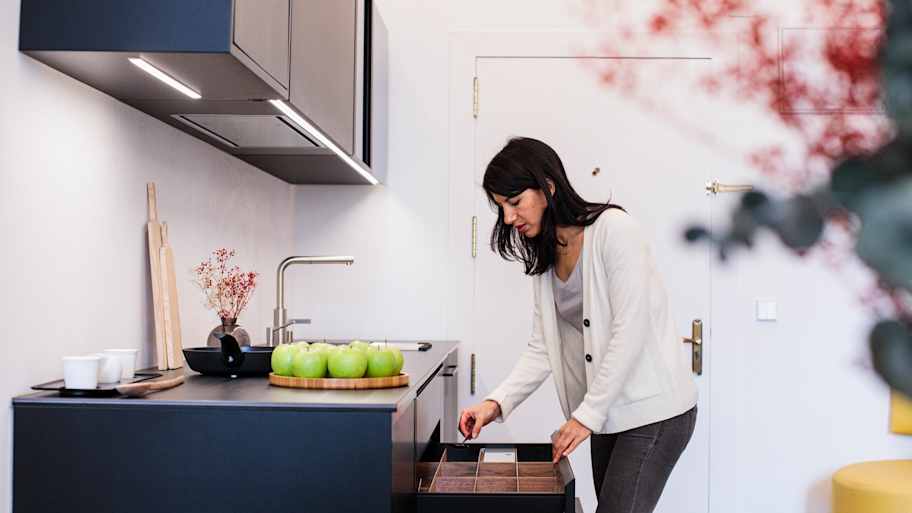
These kitchen drawer organization tips will reduce time spent rifling through the kitchen looking for what you need. Learn how to organize your kitchen.